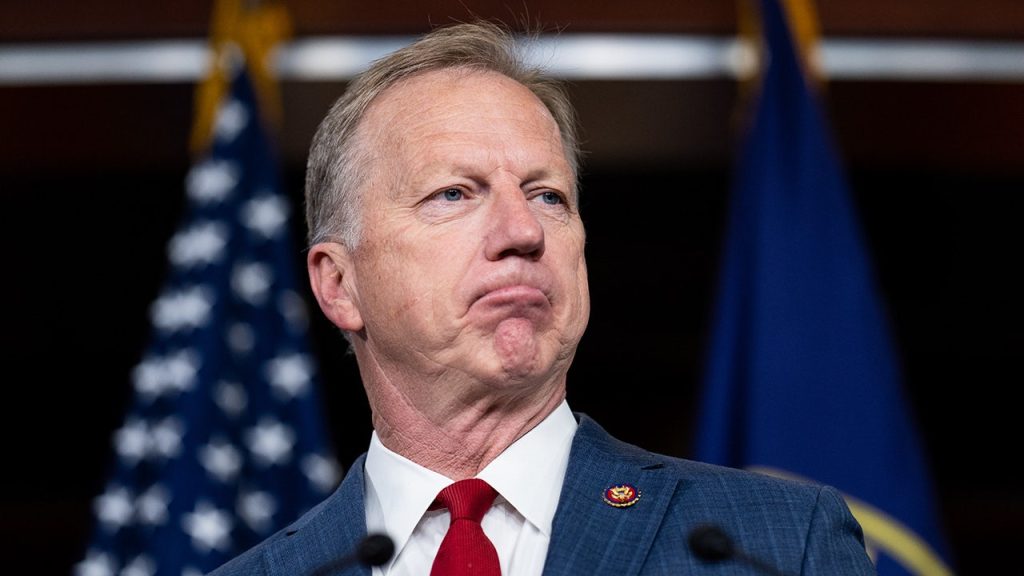House Republican Kevin Hern has proposed raising the retirement age for Social Security benefits in order to save the program from insolvency by 2033. The Republican Study Committee (RSC), of which Hern is the chairman, released a budget with conservative proposals to cut federal spending and extend the life of Social Security. Hern argued for raising the full retirement benefits eligibility age from 67 to 69, however, this idea is politically controversial and mainstream leaders in both parties have been hesitant to address it. Hern emphasized that there are only three options to fix Social Security, including adjusting the age, the payout amount, or increasing the number of people paying into the program.
Hern highlighted that when Social Security began, the average life expectancy in the U.S. was in the early 60s, whereas today it is in the late 70s. This increased life expectancy means people are living longer on a program that was not originally designed to sustain this. The RSC, which consists of about 80% of conservative House Republicans, has been accused by the White House of wanting to gut Social Security. However, Hern clarified that their budget proposal does not impact current retirees or those nearing retirement. He underscored the need to focus on ensuring the program’s solidity for the next 10 years, as opposed to the long-term perspective put forth by President Joe Biden through his proposal to raise taxes on high-income earners.
While public discussion of reforming Social Security benefits can be treacherous, particularly during an election year, Hern stressed the necessity of a bipartisan approach to address any changes. He mentioned that discussions with former President Trump, a likely contender in the 2024 presidential election, have touched on the importance of maintaining the program’s stability without cutting benefits for current or soon-to-be retirees. Trump’s campaign spokeswoman affirmed that the former president does not support cuts to Social Security or raising the retirement age, maintaining that he has consistently prioritized the protection of Social Security and Medicare during his time in office and intends to continue doing so if reelected.
The future of Social Security remains uncertain as the program faces a potential insolvency deadline in 2033, prompting discussions about reforming retirement benefits in order to sustain the program. Hern’s proposal to raise the retirement age for full benefits eligibility has sparked debate, as mainstream leaders in both parties have been reluctant to address this issue. With the average life expectancy increasing since Social Security’s inception, there is a need to ensure the program’s ability to support a longer retirement period. The RSC’s budget proposal aims to extend the program’s life by making conservative adjustments to federal spending, although it has faced criticism for its potential impact on Social Security recipients.
The White House has accused Republicans of attempting to undermine Social Security by proposing changes to retirement benefits eligibility. However, Hern has clarified that the RSC’s budget proposal does not affect current retirees or those close to retirement age. Discussions with former President Trump have centered on the importance of maintaining the stability of Social Security without cutting benefits for current beneficiaries. As conversations around reforming retirement benefits continue, finding a bipartisan solution to ensure the long-term sustainability of Social Security remains a key challenge for policymakers in the coming years. The future of the program will likely depend on collaborative efforts to address its financial challenges and ensure its ability to support retirees in the years to come.


